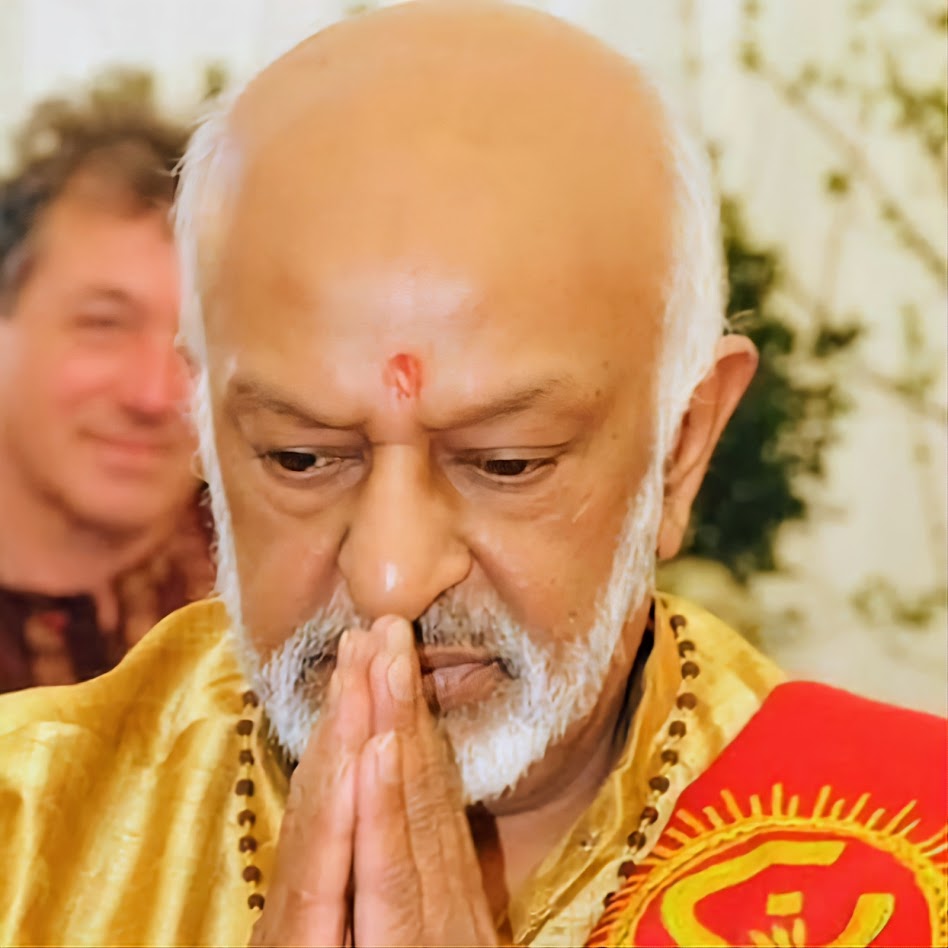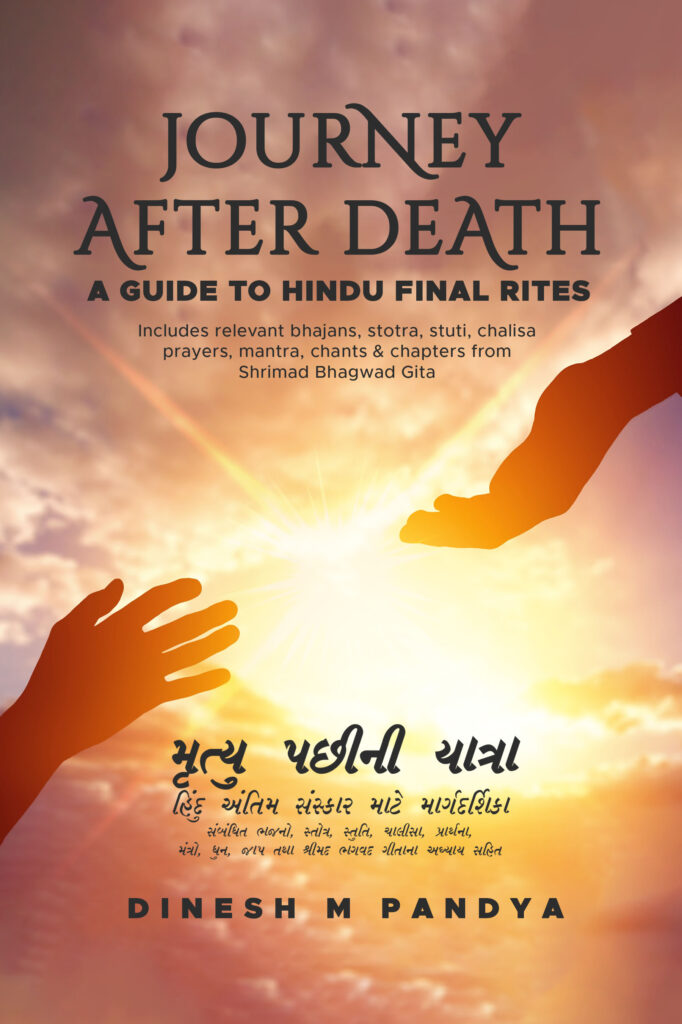In Hinduism, rituals are meant to teach the feelings of devotion and religion and thereby bring God and spirituality into the centre of human life. As a part of his house-holder responsibilities, a devout Hindu is expected to perform certain rituals every day.
Hindu ritual and sacrificial ceremonies are many. However, they primarily involve sacrificial offerings to gods, departed souls, humans and other living beings. The offerings are made on daily, weekly, monthly or annual basis. Some offerings are made on specific occasions.

Hindus follow diverse rituals according to their beliefs, social status, availability of time, family traditions, and other factors. Many ancient rituals and practices, which were once obligatory are now discarded for various reasons. Some cannot be performed today since people live in cities, housing estates and the conditions do not permit them to stick to the discipline prescribed in the scriptures to perform these. Hence, many rituals have been either discontinued or replaced by short and simple practices, reflecting the changing nature of Hindu society.
Among the daily rituals that are currently practiced in many Hindu households, the most popular ones are puja, meditation, silent prayers, yoga, recitation of scriptures like the Bhagavadgita or bhajans, reading religious books, participating in “satsang” or visiting the company of holy men, doing some charitable work, visiting temples and holy places, or chanting of some mantra or the name of a specific god.
Each sacrifice involved an intention (Sankalp/oath), an altar (Puja/Yagna Sthan), a host (Yajamaan), sacrificial offerings of various kinds (Puja/Yagna Samigri), utensils, sacred fire (agni), one or more officiating priests (purohit), gifts (dakshina) for the priests and guests, expiation ceremony (prayaschitta) and other concluding rituals. These are performed in open or in a house, temple, palace or a temporary structure (yajnavatika) built for the purpose. Their purpose essentially was to fulfil desires, nourish the gods, obtain their favours, overcome adversity, resolve problems or wash away sins.
People believed in the blessedness of the rituals and their ability to change the lives of people upon earth. Hence, they frequently resorted to them and used them to resolve issues that arose from the actions of others (adhibhautika), from fate (vidhi) or the acts of God (adhidaiva). In their worldview, the Puja/Yajna rituals constituted an important aspect of God’s eternal Dharma (set of duties) upon earth, which humans were expected to uphold since these were delegated to them.

Journey After Death
Journey After Death has been written as a guidebook to assist family members of the steps that need to be addressed when somebody dies.
It includes details of legalities as well as Hindu customs during the time of bereavement and funeral rites.
It also contains relevant prayers and bhajans that are recited during mourning period.